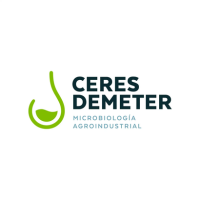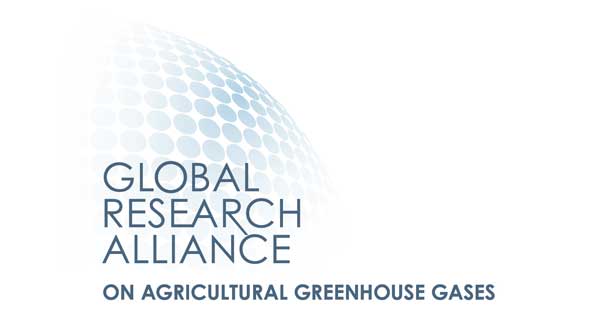Platform for the transfer and efficient use of biologicals on farms in Latin America
Develop a platform for connecting producers, technicians, scientists, and decision-makers to contribute to the development, transfer, and efficient use of biologicals, promoting sustainable agriculture.
Context of the story
Agricultural intensification has had a critical and negative impact on the environment and its sustainability, making it essential to develop new technologies that involve a more sustainable use of productive and natural resources in agriculture.
The key role played by plant-associated microbial communities (microbiomes) in plant growth, health, and resilience has been widely demonstrated. Plant growth-promoting microorganisms (PGRMs) from these microbiomes are used as the basis for the biotechnological development of biologicals for agriculture (biofertilizers, biostimulants, biopesticides).
However, despite their proven advantages, this type of biotechnology is poorly incorporated into production packages in LAC.
Promote the development of sustainable biotechnologies based on microbial biologicals in agriculture among various stakeholders to reduce agrochemicals and mitigate the effects of climate change.
The implemented initiative
The main objective is to develop a platform for connecting scientists, technicians, producers, and decision-makers to contribute to the development, transfer, and efficient use of biologicals on farms in Latin America.
Specifically:
1) Consolidate and standardize consistent methodological tools among network participants to evaluate the effectiveness of biologicals.
2) Generate knowledge on the efficient use of biologicals.
3) Transfer updated knowledge on biologicals.
4) Manage and communicate knowledge.
We will build a platform to connect farmers, technicians, and scientists in Latin America, promoting the efficient use of biologicals.
The technological solution
The project aims to work on three main axes:
1. Systematization and standardization of current knowledge on biologicals.
- Identification of technological gaps for the use and adoption of biologicals by stakeholders in the supply chain (academics, technicians, entrepreneurs, producers, and decision-makers).
- Compilation of current regulatory frameworks for the registration, production, and marketing of biologicals in the participating countries.
2. Generation of knowledge on biological prototypes under field conditions.
- Methodological alignment for the microbiological and agronomic characterization of different biological prototypes under different field conditions in the participating countries.
3. Dissemination and extension of knowledge on biologicals to the various stakeholders.
- Foster co-participation among the various stakeholders throughout the project’s development.
- Training human resources in the use of biologicals.
- Construction of a web platform with all the information systematized.
Soil health is the cornerstone of plant health and, therefore, human health. Soil microbiology is essential for achieving sustainable agriculture.
Participating countries
Results

 Back to the project
Back to the project Chile
Chile Argentina
Argentina Colombia
Colombia Uruguay
Uruguay New Zealand
New Zealand.png)


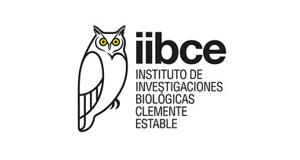
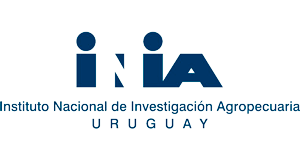

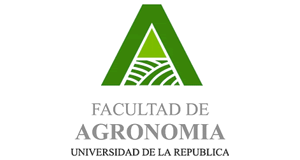



c.jpeg)
.png)
.jpeg)
